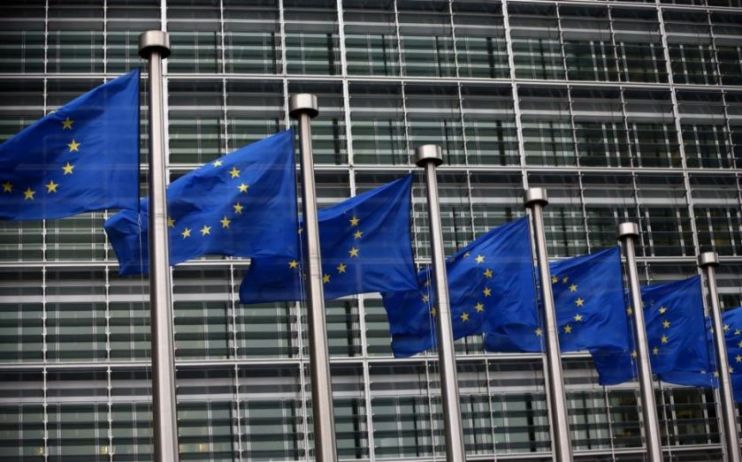Eurozone reports unexpectedly steady GDP growth

Eurozone gross domestic product (GDP) grew steadily in the third quarter defying market expectations of a slowdown while headline inflation slowed due to a sharp drop in energy prices.
GDP in the EU’s 19 member states grew 0.2 per cent on the previous quarter between July and September, according to preliminary figures from the EU’s statistics office, Eurostat.
Read more: US economic growth beats expectations but Fed still set to cut rates
Economists had been expecting 0.1 per cent growth for the quarter, according to Reuters data.
GDP data for Germany, the eurozone’s biggest economy, is due on 14 November. If market expectations for negative third quarter growth are confirmed, the estimate for the entire eurozone could be revised downwards.
Separate Eurostat data showed eurozone inflation fell to 0.7 per cent in October, down from 0.8 per cent the previous month.
The fall was driven by a sharp drop in energy prices, which fell 3.2 per cent during the month, down from a 1.8 per cent drop in September.
The European Central Bank (ECB) wants to keep inflation below – but close to – two per cent over the medium term, but has struggled to bring price growth closer to its target.
The ECB last month unveiled a major package of new measures designed to stimulate growth in the eurozone, including the return of quantitative easing.
Incoming ECB head Christine Lagard has called on countries with large budget surpluses such as Germany and the Netherlands to increase spending in order to stimulate growth.
Read more: ‘Super’ Mario Draghi’s ECB odyssey comes to an end
Speaking to France’s RTL broadcaster days before she takes up the post, Lagarde said: “Countries, in particular those with the budget space, have not really made the necessary efforts”.
“Those that have the room for manoeuvre, those that have a budget surplus, that’s to say Germany, the Netherlands, why not use that budget surplus and invest in infra-structure?… Why not invest in education, why not invest in innovation, to allow for a better re-balancing?”